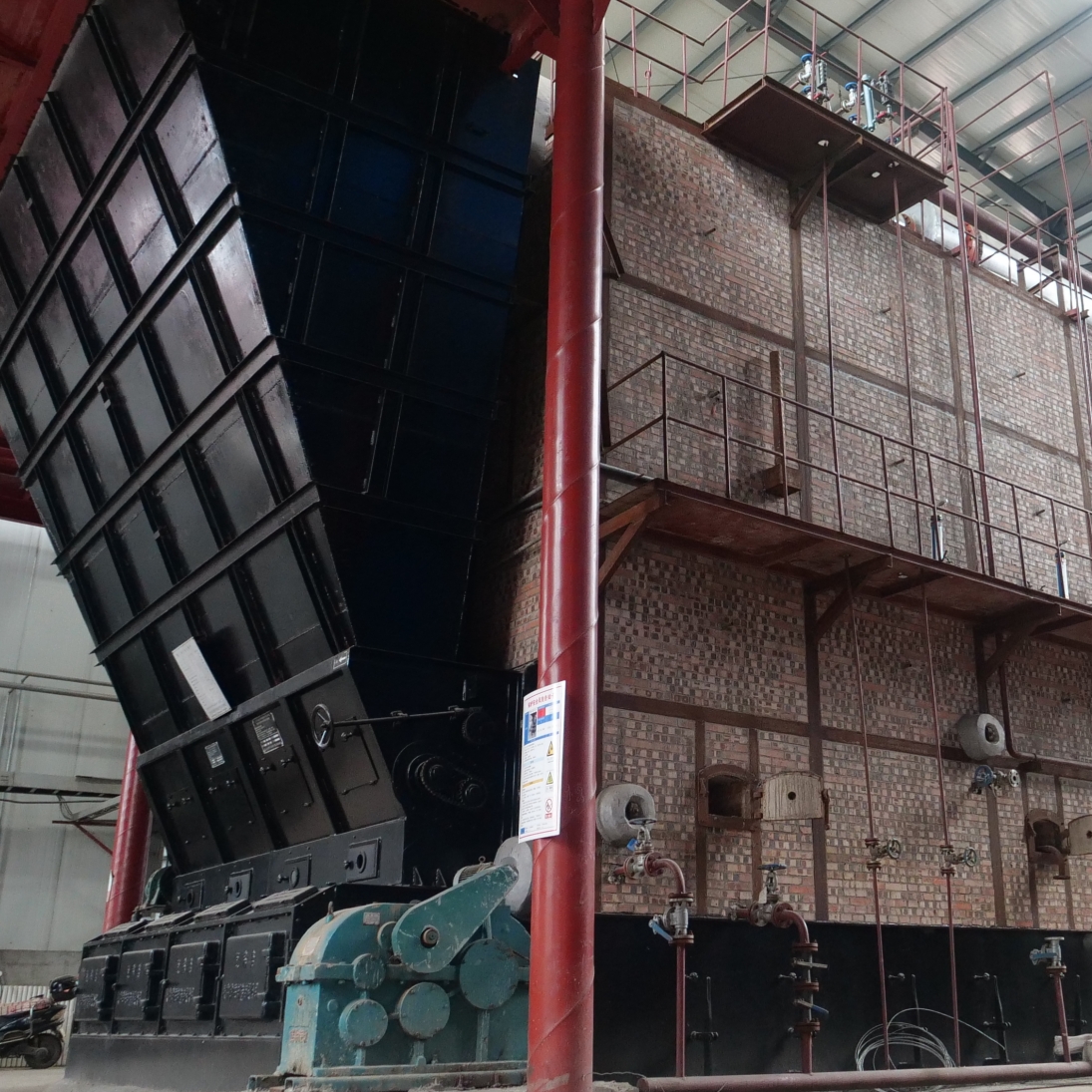
Nov . 22, 2024 05:16 Back to list
coal fired hot water boiler
The Role of Coal-Fired Hot Water Boilers in Modern Energy Production
Coal-fired hot water boilers have been a cornerstone of industrial energy production for many years. Despite the growing focus on renewable energy sources and environmental concerns regarding carbon emissions, these boilers continue to play a significant role in many sectors, particularly in regions rich in coal reserves. This article delves into the functioning, benefits, and challenges associated with coal-fired hot water boilers.
Functioning of Coal-Fired Hot Water Boilers
Coal-fired hot water boilers operate by burning coal to generate heat. The heat produced from combustion is transferred to water, converting it into hot water. The primary components of these boilers include a furnace, heat exchanger, and control system. The furnace is where coal is combusted, releasing thermal energy. The heat exchanger then transfers this energy to the water circulating through the system. In many cases, these boilers are equipped with sophisticated control mechanisms that help optimize performance by regulating temperature, pressure, and combustion efficiency.
The design of coal-fired boilers can vary widely, from traditional stoker-fired systems to more advanced fluidized bed technology, which promotes more efficient burning with lower emissions. The efficiency of these boilers largely depends on the quality of coal used, the technology applied, and the operational practices employed.
Benefits of Coal-Fired Hot Water Boilers
One primary advantage of coal-fired hot water boilers is their ability to generate large volumes of hot water at a relatively low cost. Coal is often cheaper than other fossil fuels, making it an economically attractive option for industries that require significant amounts of hot water, such as power generation, chemical manufacturing, and food processing.
Coal-fired boilers are also renowned for their reliability. Given the global prevalence of coal, these systems can operate in many regions without the constraints associated with gas or oil deliveries. This is particularly vital for areas that might face supply interruptions or higher pricing volatility associated with oil imports.
Additionally, modern technologies have improved the efficiency and emissions profiles of coal-fired boilers. Advanced filtration systems and scrubbers can significantly reduce the output of harmful particulates and sulfur dioxide, thus helping to mitigate some of the environmental impacts traditionally associated with coal combustion.
coal fired hot water boiler

Challenges and Environmental Concerns
Despite the advantages, coal-fired hot water boilers face considerable challenges, particularly regarding environmental sustainability. The combustion of coal releases considerable amounts of carbon dioxide (CO2) and other greenhouse gases (GHGs), which contribute to global warming and climate change. As nations commit to reducing their carbon footprints, the future of coal as a primary energy source has come into question.
Moreover, concerns about air quality have led to increased regulations on emissions. In many regions, stringent limits on sulfur and nitrogen oxides have necessitated the implementation of costly upgrades to existing coal-fired systems. Industries using these boilers must navigate a complex regulatory environment, potentially leading to increased operational costs.
The mining process itself also raises environmental concerns. Coal mining can lead to habitat destruction and water pollution, further complicating the narrative surrounding coal use. As a result, many industries are beginning to explore alternative energy options that are cleaner and more sustainable.
The Future of Coal-Fired Hot Water Boilers
While the global energy landscape continues to evolve, coal-fired hot water boilers are likely to remain relevant for the foreseeable future. However, the focus will shift towards improving efficiencies and reducing emissions. Research into carbon capture and storage (CCS) technologies may also pave the way for the continued use of coal in a more environmentally conscious manner.
Industries are under increasing pressure to adopt cleaner technologies and reduce their carbon footprints, which may result in a decline in coal-fired boiler usage over time. However, in regions where coal remains abundant and affordable, these boilers will sustain their importance as a reliable energy source.
In conclusion, coal-fired hot water boilers occupy a unique position in the modern energy framework. While they provide critical benefits in terms of cost and reliability, the environmental impact cannot be overlooked. The ongoing challenge will involve balancing these factors to meet energy needs sustainably and responsibly. The evolution of coal-fired systems will likely reflect broader changes in energy policy, technological advancements, and societal attitudes towards fossil fuels.
-
High-Efficiency Commercial Oil Fired Steam Boiler for Industry
NewsJul.30,2025
-
High-Efficiency Biomass Fired Thermal Oil Boiler Solutions
NewsJul.30,2025
-
High Efficiency Gas Fired Thermal Oil Boiler for Industrial Heating
NewsJul.29,2025
-
High-Efficiency Gas Fired Hot Water Boiler for Sale – Reliable & Affordable
NewsJul.29,2025
-
High Efficiency Biomass Fired Hot Water Boiler for Industrial and Commercial Use
NewsJul.29,2025
-
High-Efficiency Biomass Fired Hot Water Boiler for Industrial Use
NewsJul.28,2025
Related PRODUCTS






















